Premium Only Content
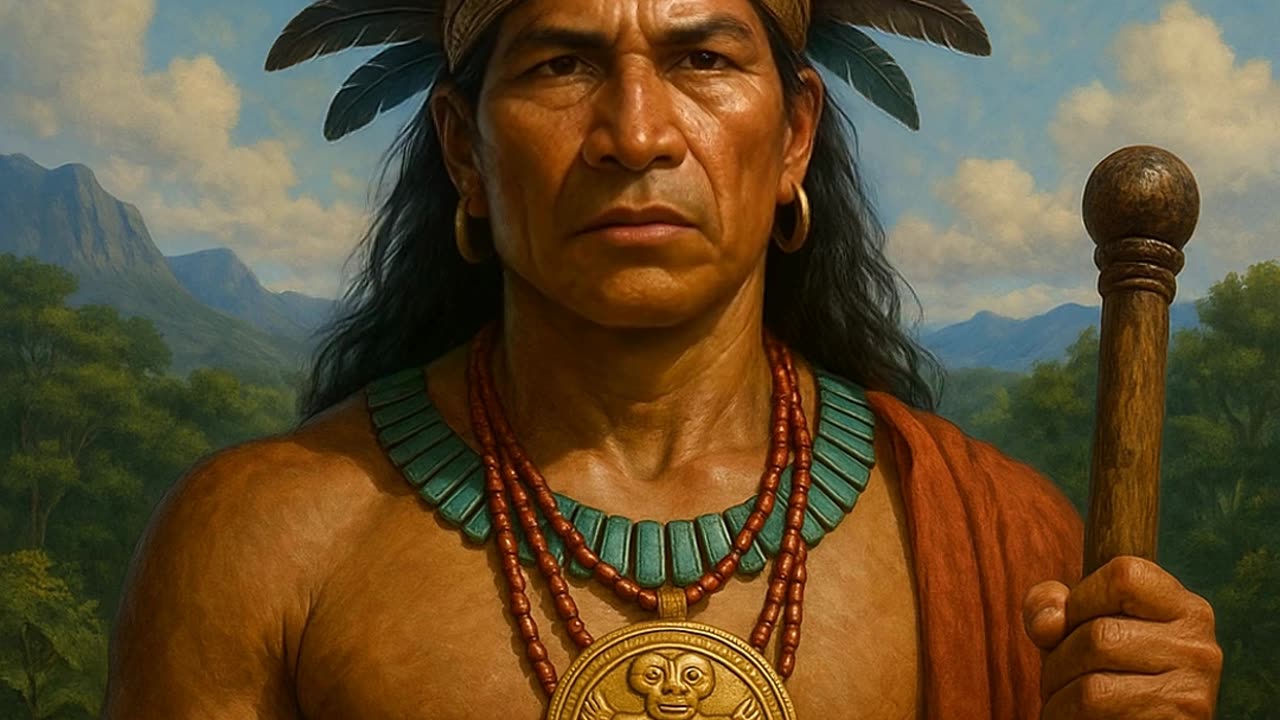
Cacique Guarionex, of the Taino, Tells of When the Spanish Conquistadors Came to Their Island
Presented to you by: http://www.HistoricalConquest.com
Read more on our blog at: https://www.historicalconquest.com/blog
My name is Guarionex, and I was once the cacique, or chief, of Maguá, one of the great regions of the island you now call Hispaniola. Back then, around the time just before 1492, we called it Bohío, and our people, the Taíno, lived across this island in large village-states, each with their own leader, traditions, and sacred places. I was born into a respected family in the highlands, surrounded by rivers, thick forests, and the teachings of my elders. From a young age, I was taught to listen—to the land, the people, and the zemís, our spirit guides. I never dreamed of power, but I was chosen to lead when my father passed. It was a heavy responsibility, but one I carried with honor.
As cacique of Maguá, I was expected to guide the people in times of peace and war, to host the areítos, our great festivals of dance and story, and to work with the bohíques, the priest-healers, to keep harmony with the spirits. Life was rich, full of purpose, and guided by balance. Our society had order—nitainos, the nobles and warriors, helped govern and protect; the bohíques interpreted dreams and healed the sick; the people farmed, fished, crafted, and danced. We were not perfect, but we were strong and united in many ways. I spent much of my time keeping peace between neighboring caciques, especially when tensions would rise.
Then came the strangers—men in floating wooden houses, wearing metal skins and bringing new weapons, languages, and gods. At first, they asked for food and guidance. We gave it to them freely, hoping for peace. But soon, they began demanding more—gold, labor, and submission. I tried to negotiate, to give what I could without harming my people. I wanted peace, not war, and believed that if we cooperated, we could avoid destruction. But some of the other caciques, like Caonabo, saw what I did not yet see—they understood the invaders came not as friends but as conquerors.
When Caonabo resisted, he was captured. Other villages were destroyed. Eventually, I too was taken by the Spaniards, accused of rebellion even though I had tried to avoid it. They put me in chains and sent me on a ship across the sea. I never saw my homeland again. The sea was cruel and cold, and I died far from the mountains and rivers of Maguá. I was a leader, but even I could not stop the wave that came.
But listen closely—my story is not only one of defeat. It is the story of a people who had civilization, culture, and memory long before outsiders arrived. We Taíno had our own wisdom, our own sciences and art. We danced to remember. We carved the names of the spirits in stone. And even though many of us were lost, some of our descendants still live today. They remember.
So when you learn history, don’t let it start with the ships. Let it start with the people who were already here—the people who sang, led, farmed, healed, and hoped. People like me. I am Guarionex, and I lived for my people. May my voice reach you now, like the wind through the trees of Maguá.
#Guarionex
#TaínoLeadership
#MaguáCacique
#IndigenousResistance
#PreColumbianHistory
#TaínoHistory
#ColonialEncounters
#IslandLegacy
#HistoryTok
#HistoryReels
#MuseumMoment
#UntoldVoices
#IndigenousHeroes
#HispaniolaLegends
#ResistanceAndResilience
#LostChiefdoms
#AreítoCeremony
#NativePower
#HeritageEducation
#SocialJusticeHistory
-
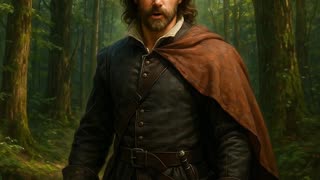 1:00
1:00
The Historical Conquest Channel
3 days agoPaul de Chomedey de Maisonneuve Tells His Story Finding Montreal, in New France
111 -
 4:34:25
4:34:25
Side Scrollers Podcast
19 hours agoTwitch CEO Testifies in Congress + Hasan Piker Accused of DOG Abuse + More | Side Scrollers
54.6K26 -
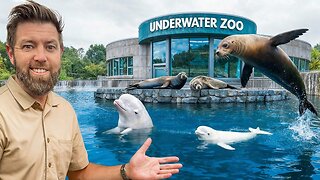 19:54
19:54
Forrest Galante
3 days agoPrivate Tour Of America's Best Marine Animal Facility
85.3K10 -
 17:00
17:00
GritsGG
13 hours agoWon the Game Because of This Easter Egg w/ Bobby Poff!
6.41K -
 17:36
17:36
The Pascal Show
10 hours ago $0.96 earned'THEY ARE GONNA K*LL ME!' Candace Owens Reveals Charlie Kirk Feared For His Life Days Before Murder!
4.75K8 -
 LIVE
LIVE
Lofi Girl
2 years agoSynthwave Radio 🌌 - beats to chill/game to
205 watching -
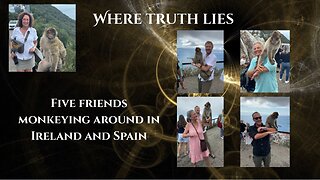 38:27
38:27
TruthStream with Joe and Scott
3 days agoA roundtable with Lisa, Carole and Michelle. Our travels through Spain and Ireland #497
21.3K2 -
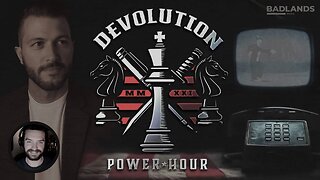 2:05:03
2:05:03
Badlands Media
14 hours agoDevolution Power Hour Ep. 396: The Machine Cracks – CIA Networks, Color Revolutions & Trump’s Playbook
147K23 -
 2:08:24
2:08:24
Inverted World Live
11 hours agoAliens On The Campaign Trail | Ep. 120
110K26 -
 1:38:50
1:38:50
FreshandFit
12 hours agoHow Do Women WANT To Be Approached? w/ Dom Lucre & Prince
39.6K44
